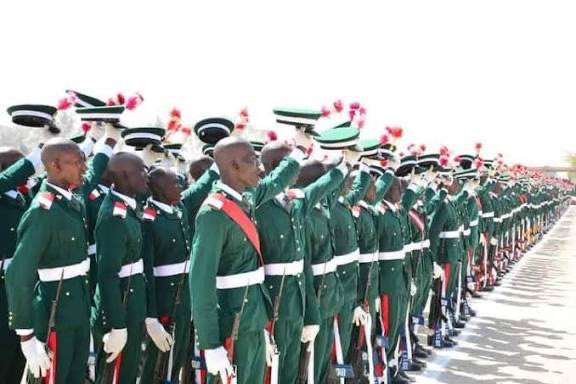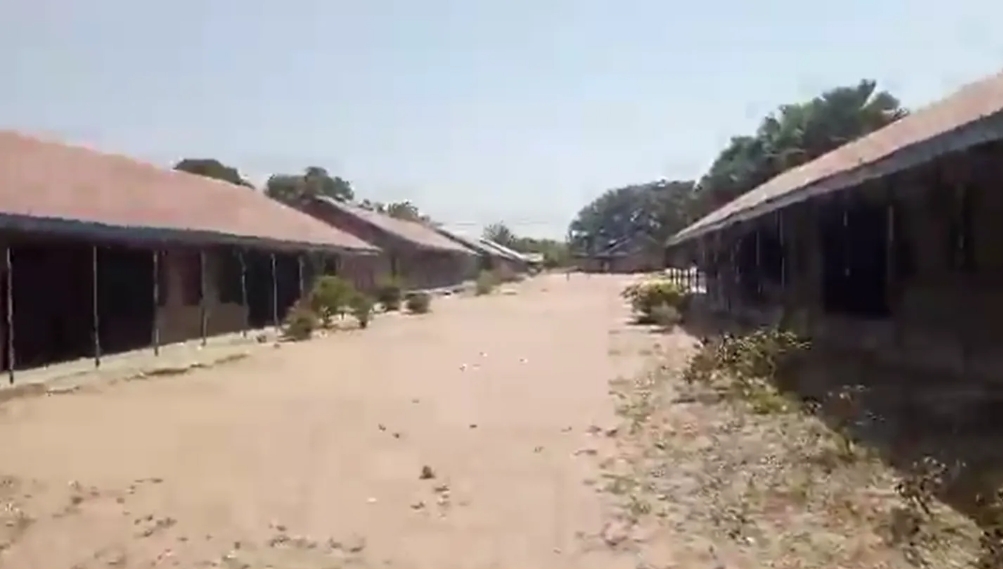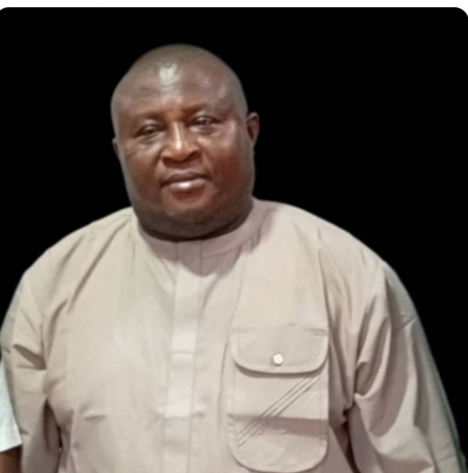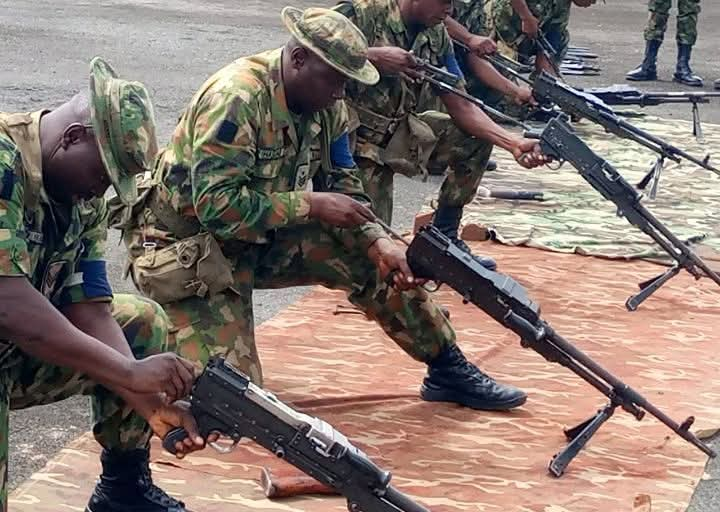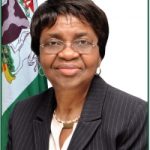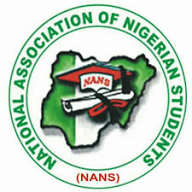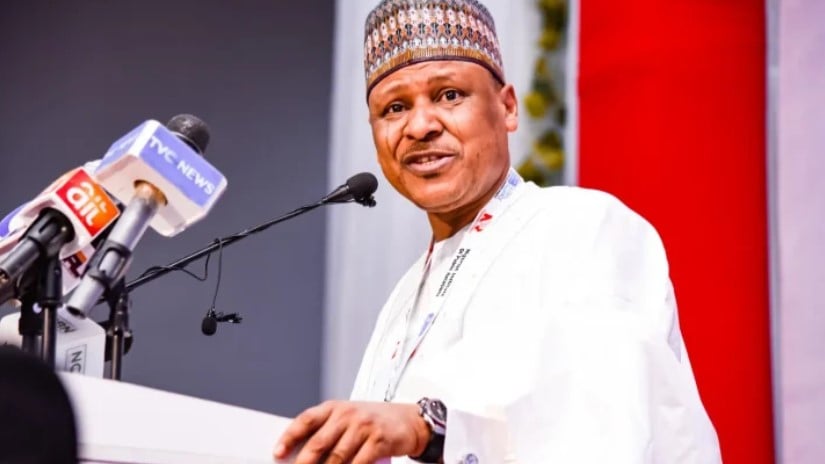DEFENCE HEADQUARTERS ORDER REVIEW AMID ALLEGATIONS OF INTELLIGENCE FAILURE
The Defence Headquarters has initiated a full-scale investigation into the alleged withdrawal or delayed deployment of military personnel in the hours preceding the mass abduction of 25 students from the Government Girls’ Comprehensive Secondary School in Maga, Kebbi State.
The probe was announced Sunday following serious concerns raised by Kebbi State Governor, Mohammed Nasir Idris, who revealed that security agencies had received prior intelligence from the Department of State Services (DSS) warning of a potential attack.
In an official statement, the Director of Defence Media Operations, Major General Michael Onoja, confirmed the military is conducting a “full review of troop deployment and movements in the area prior to the incident.”
The statement, titled “DHQ Reassures Nigerians Amid Rising Insecurity, Addresses Alleged Troop Withdrawal in Kebbi State,” expressed that the armed forces are “deeply concerned” over the twin abductions in Kebbi and neighbouring Niger State, where students were also seized from St. Mary’s Catholic School in Papiri.
“We condemn this act and stand with the students, their families, and the affected communities,” the Defence Headquarters said, affirming that operations to secure the students’ release are fully underway.
Addressing the governor’s allegations directly, the statement noted, “We are aware of the claim made by the Executive Governor of Kebbi State. In line with established procedures, a review is underway to clarify the circumstances surrounding troop deployment and movements before the incident.”
The military high command further contextualized that operational decisions are based on dynamic intelligence assessments and the broader security landscape, implying that troop positions are fluid. It added a firm commitment to accountability, stating, “If any gaps are identified, corrective measures will be taken.”
The announcement comes amid growing public anxiety over security failures. In response, the Defence Headquarters sought to reassure the nation, pledging to work closely with state governments and local stakeholders to bolster protection for schools and vulnerable communities. It reaffirmed its core mission to restore peace and stability across the affected regions.

